In the 1980s, late music icon David Bowie called out MTV for a lack of prime rotation content featuring Black artists in a resurfaced clip that gained renewed interest.
The racial bias in the music industry was evident at the height of MTV's popularity throughout the 1980s. The cable channel was accused of deliberately not playing music videos from Black artists except late at night, despite the popularity of Black artists like Michael Jackson, Prince or Run-DMC.
In the 1983 interview Bowie asked MTV host Mark Goodman:
“I’m just floored by the fact that there are so few Black artists featured [on MTV]. Why is that?”
Goodman fumbled over his response, saying the network was trying to "move in that direction."
Goodman added:
"We want to play artists that seem to be doing music that fits into what we want to play for MTV."
"The company's thinking in terms of narrowcasting."
You can watch the 1983 MTV interview, here.
Bowie added few Black artists were "predominantly featured throughout the day," and were instead getting air time in the early morning hours between 2:30 a.m. and 6 a.m. when viewership was extremely low.
Though Bowie did admit the network was making efforts to improve the situation, he said it was a "slow process."
Bowie mentioned the one "Black station"–presumably, BET–he kept coming across seemed to have “a lot of Black artists making very good videos that I’m surprised aren’t used on MTV.”
NBA player-turned social media progressive commentator Rex Chapman posted the video—misidentifying it as being from 1993—with a recent Meet the Press interview with New York Times Magazine staff writer, Nicole Hannah-Jones, in which the topic of race education was discussed.
Chapman linked that interview to the Bowie/Goodman MTV interview to illustrate not much has changed nearly 30 years later.
Watching the Nikole Hannah-Jones/Chuck Todd interview it\u2019s impossible to not think about the 1993 David Bowie/Mark Goodman MTV interview.\n\nSame thing almost 30-years later. Why is it always \u201cwhat\u2019s acceptable to white people\u201d?? pic.twitter.com/kWx4UxVwqu https://twitter.com/JanNWolfe/status/1475145444321812488\u00a0\u2026— Rex Chapman\ud83c\udfc7\ud83c\udffc (@Rex Chapman\ud83c\udfc7\ud83c\udffc) 1640547684
The tweet caught the attention of rapper Ice T, who gave Bowie respect for speaking out when few were.
The rapper and actor tweeted:
"A lotta people may NOT know that David Bowie put MTV on blast back in the day for NOT playin Black artists..."
"He side stepped the double talk…"
"Bowie was a REAL ONE."
A lotta people may NOT know that David Bowie put MTV on blast back in the day for NOT playin Black artists.. He side stepped the double talk\u2026 Bowie was a REAL ONE. https://twitter.com/RexChapman/status/1475190024534638599\u00a0\u2026— ICE T (@ICE T) 1640548091
Others agreed and weighed in with their own observations.
I remember watching that interview. Goodman tried but failed miserably in his response.— Bass Player (@Bass Player) 1640551897
Even today, I can't wrap my head around the whole concept of colour determining who gets to do what. Bowie had eye's and mind aligned to see straight through the BS ! Ice has been shouting from the roof tops about it for decades. F the system #FLTG— Howard Nixon (@Howard Nixon) 1640548590
He's always been the REAL ONE !https://www.youtube.com/watch?v=8tCC9yxUIdw\u00a0\u2026— Hope\ud83c\udde9\ud83c\uddf0 (@Hope\ud83c\udde9\ud83c\uddf0) 1640621727
One of the greatest things about that interview was, Bowie understood his popularity and status. MTV was incapable of punishing him for his stances. They needed his music and videos, more than he needed them at that time. Others would have been too afraid to advocate. Bowie— Andr\u00e9 LeFrance\u2122\ufe0f (@Andr\u00e9 LeFrance\u2122\ufe0f) 1640558935
He also pushed Luther Vandross to DO HIS THING. Many don\u2019t know he was one of David Bowie\u2019s background singers & arranger \u2026 WAAAAAAAAAAY Back in the Day.— Cynthia Scott (@Cynthia Scott) 1640548238
Bowie knew what was happening to black artists was happening to all artists. \n\nTreatment of the minority ignored by the majority becomes standard procedure with legal precedent for all. \n\nGive the cop benefit of the doubt after he murdered a black man and he'll have no doubt 1/— cujothegreat5 (@cujothegreat5) 1640574902
3/ lower to middle class white people best get their heads right or eventually their heads are going to be getting cracked. \n\nWhat they do to the minority is training and establishing precedent for the bare minimum of standards they must adhere to in treatment of all.— cujothegreat5 (@cujothegreat5) 1640575363
4/ too many are so irredeemably racist and ignorant though to ever see that its not happening the "them". There is no them. Its happening to US. Just mostly the racial minority portions of US. As a midaged white grandpa its absolutely fucking heartbreaking to be aware in solitude— cujothegreat5 (@cujothegreat5) 1640575642
This is only half of that segment. As the interviewer keeps justifying, Bowie's face is like.pic.twitter.com/s9BDi2iOOE— Kiril (@Kiril) 1640554576
Very true the censorship Bowie talked about was very real. American youth were shielded from some really good videos since MTV did hide them away in the wee hours of the morning for over 21 viewing b/c they were chicken to show them when kids were up. And now no videos on MTV— Hope Parido (@Hope Parido) 1640611238
\u201cScared to death of Prince or a string of other Black Faces.\u201d That\u2019s what he said!! He literally tried to justify after he already said they don\u2019t pick & choose. That\u2019s how you peg racism folks! #LetsDance is my favorite!— Stephanie V. Rogers (@Stephanie V. Rogers) 1640549138
Bowie's record sales during his lifetime were estimated at over 100 million records worldwide, making him one of the best-selling music artists of all time.
The music industry suffered a huge loss when the rock star succumbed to liver cancer on January 10, 2016. He had been diagnosed with the disease 18 months prior to his death but kept it private from the public.
He was 69 when he died, but his legacy as a musical genius lives on.

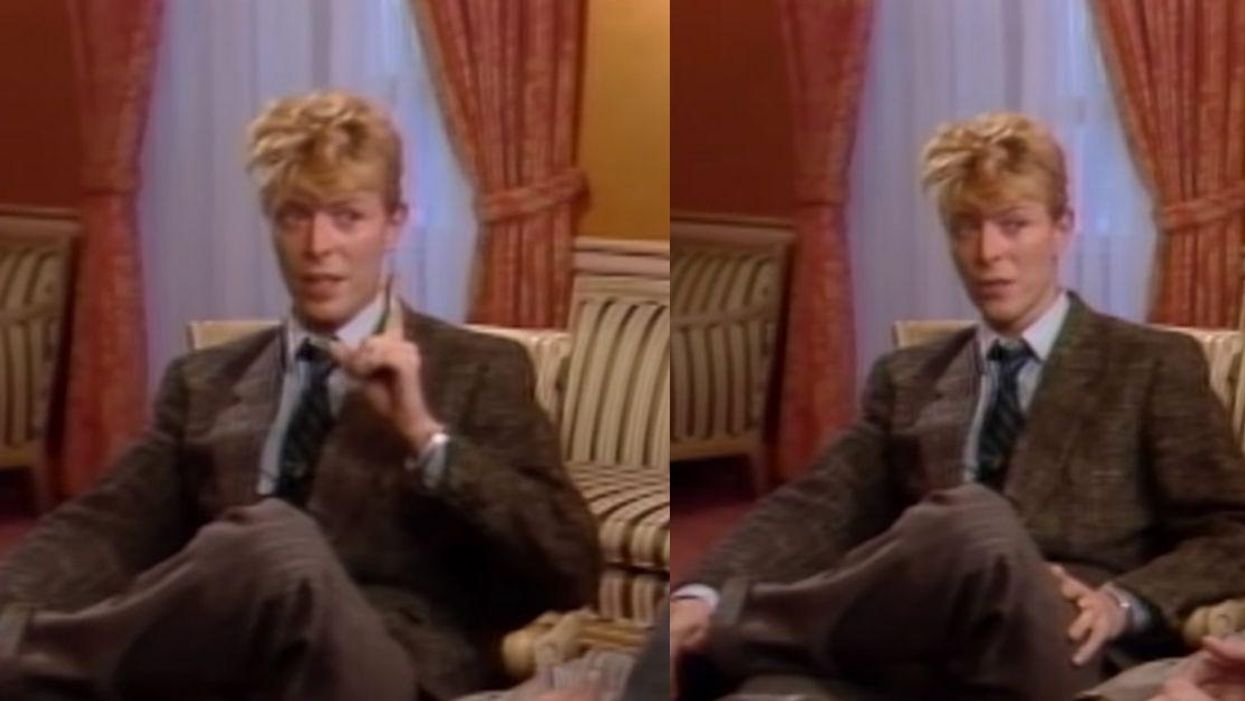

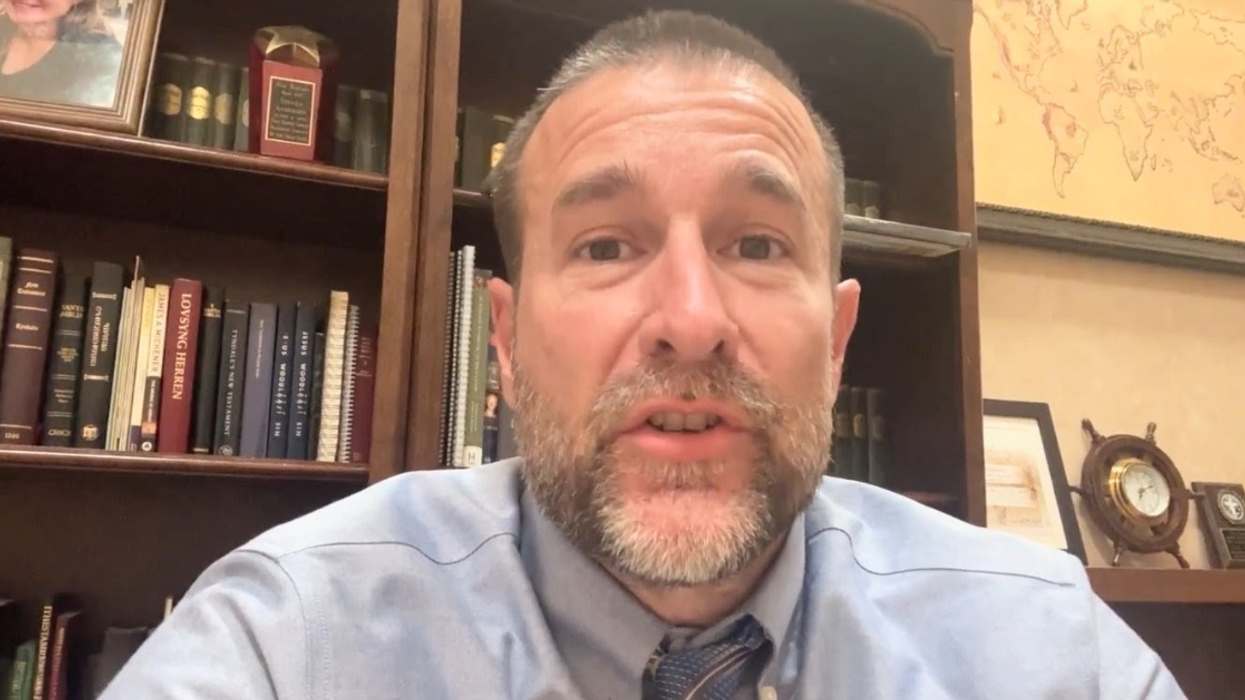
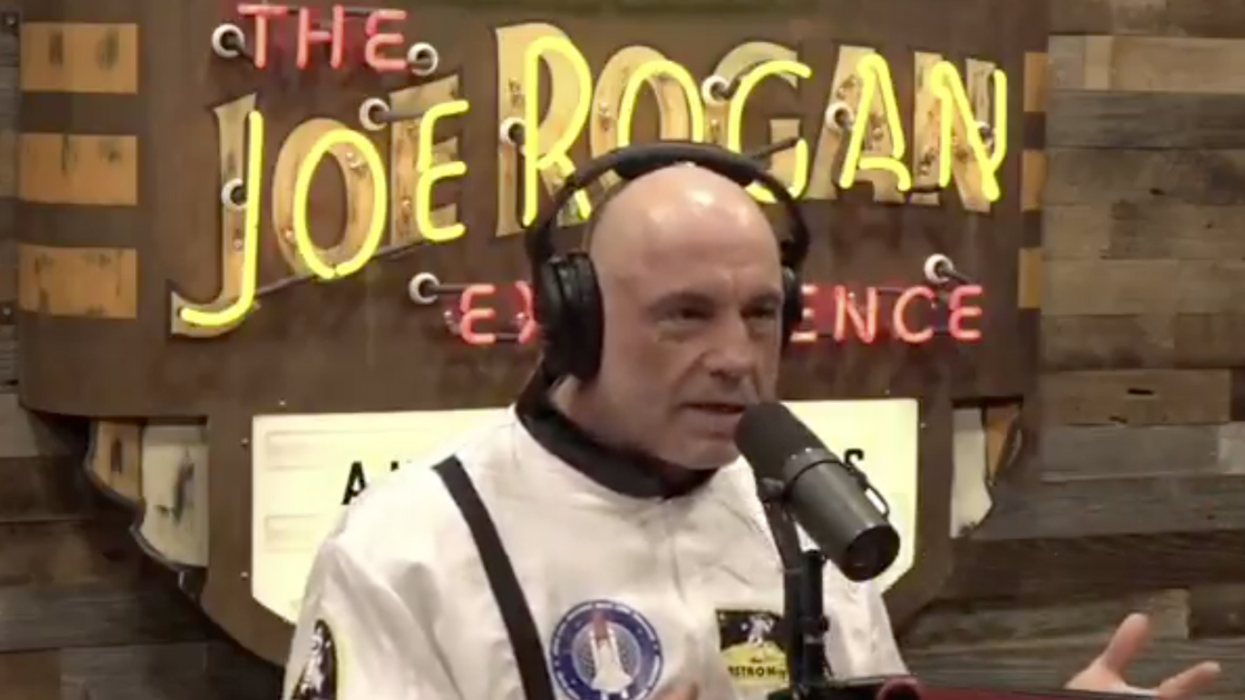
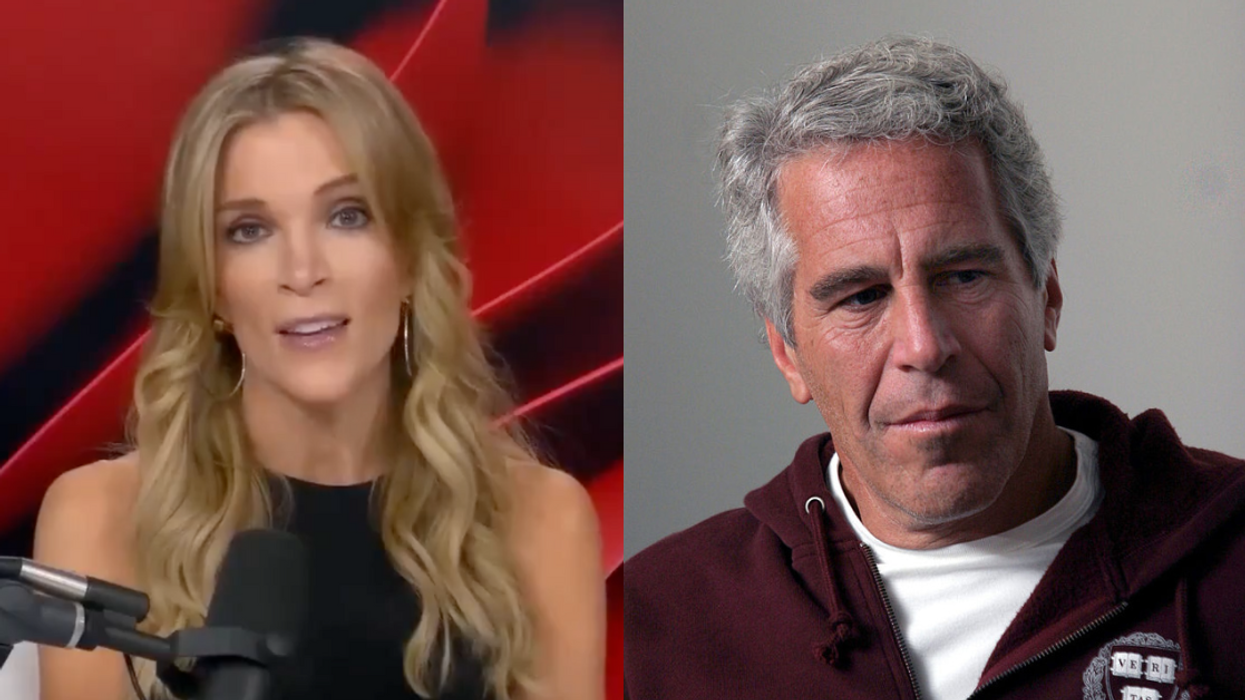
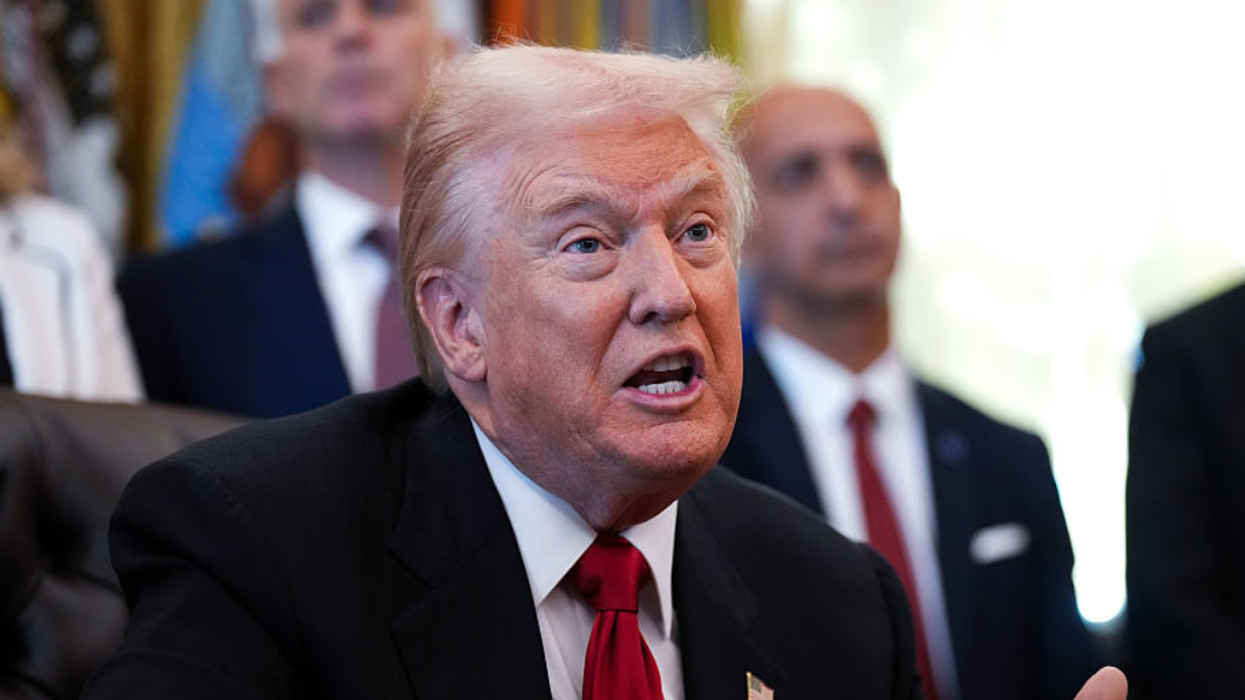
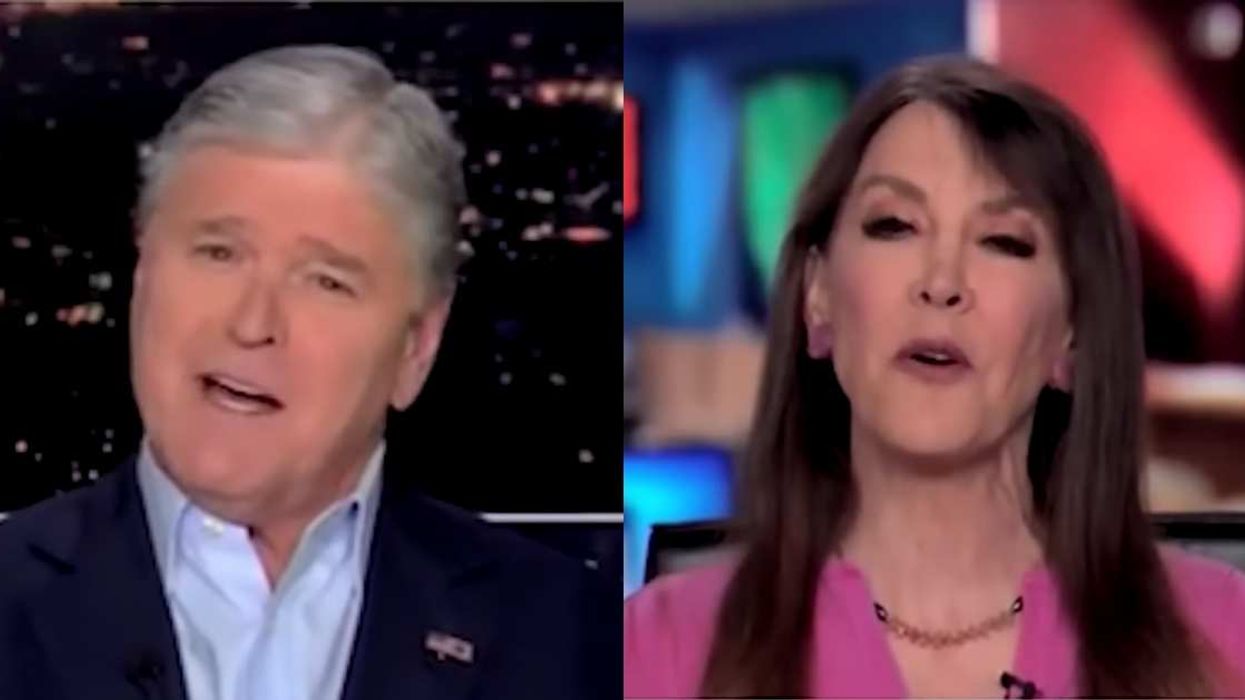

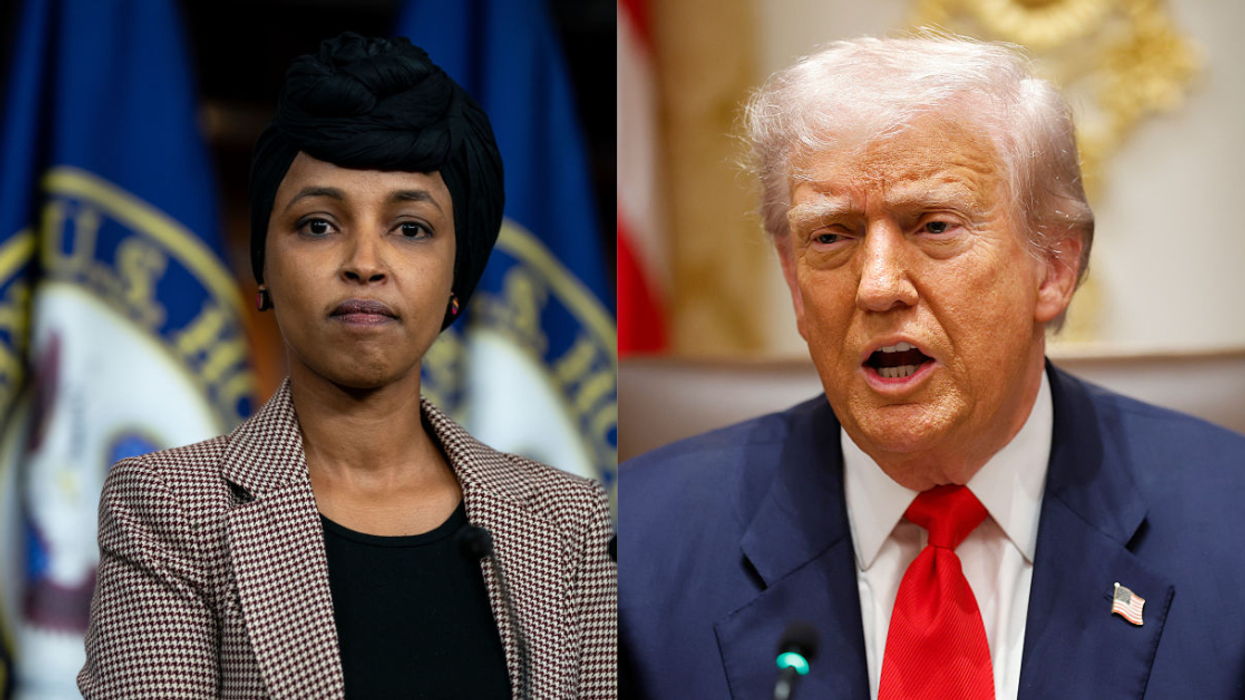

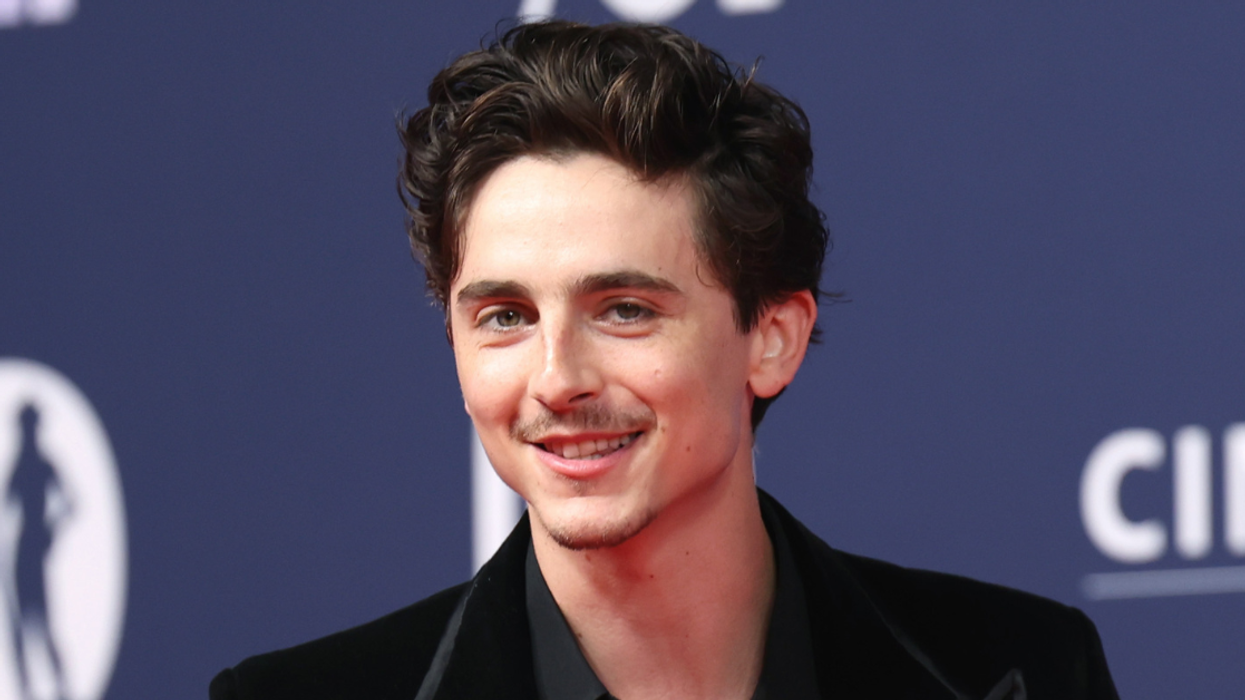
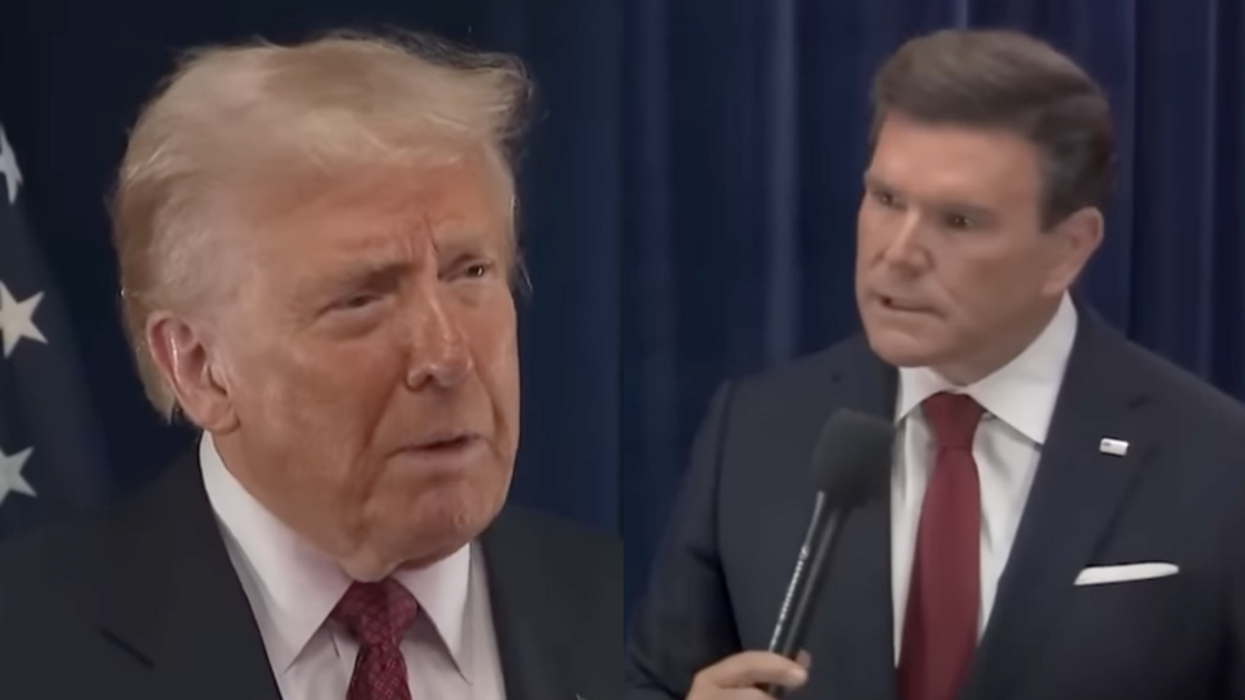
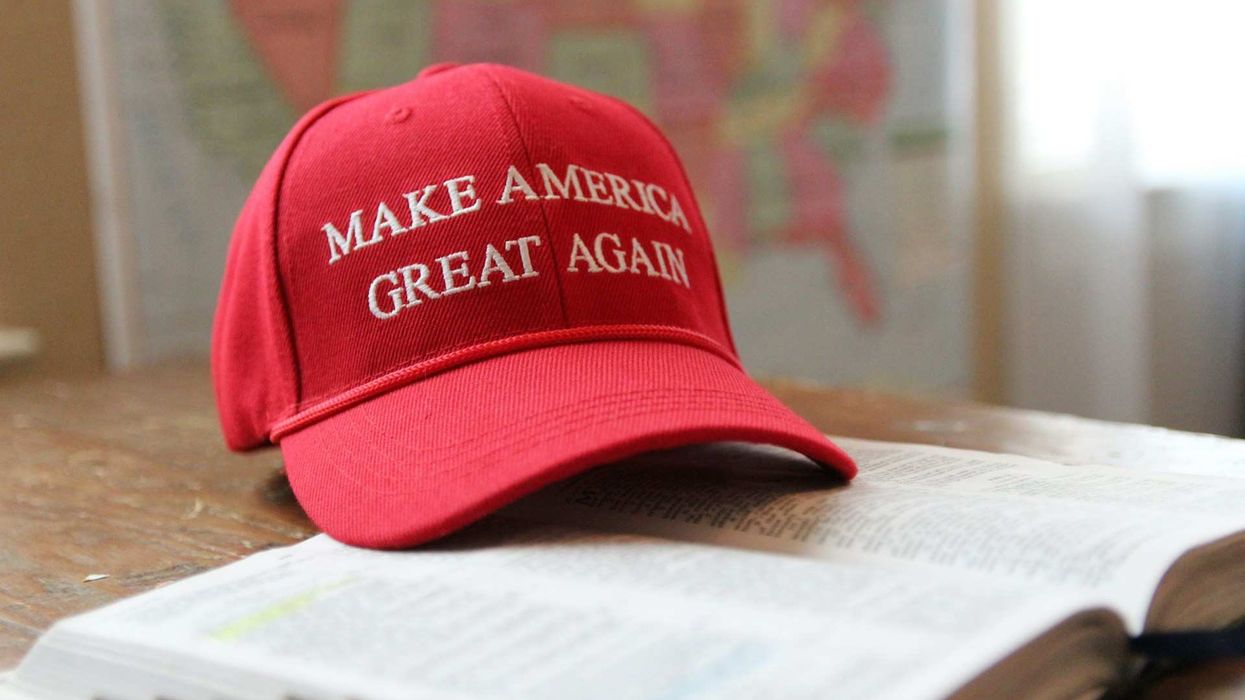
 Happy Feeling Myself GIF by Laff
Happy Feeling Myself GIF by Laff 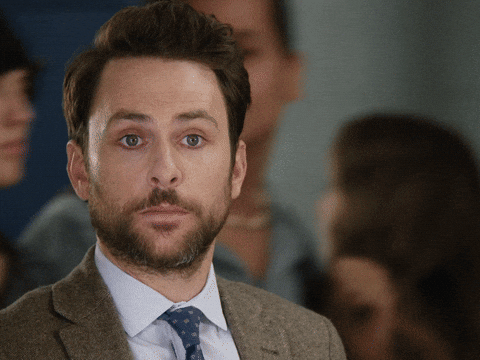 Charlie Day Ok GIF
Charlie Day Ok GIF  Happy Sesame Street GIF by Muppet Wiki
Happy Sesame Street GIF by Muppet Wiki 
 @max_balegde/TikTok
@max_balegde/TikTok @max_balegde/TikTok
@max_balegde/TikTok @max_balegde/TikTok
@max_balegde/TikTok @max_balegde/TikTok
@max_balegde/TikTok @max_balegde/TikTok
@max_balegde/TikTok @max_balegde/TikTok
@max_balegde/TikTok @max_balegde/TikTok
@max_balegde/TikTok @max_balegde/TikTok
@max_balegde/TikTok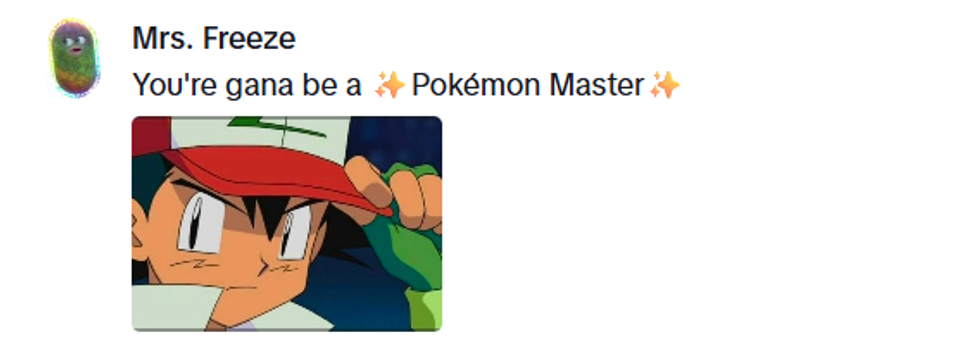 @max_balegde/TikTok
@max_balegde/TikTok @max_balegde/TikTok
@max_balegde/TikTok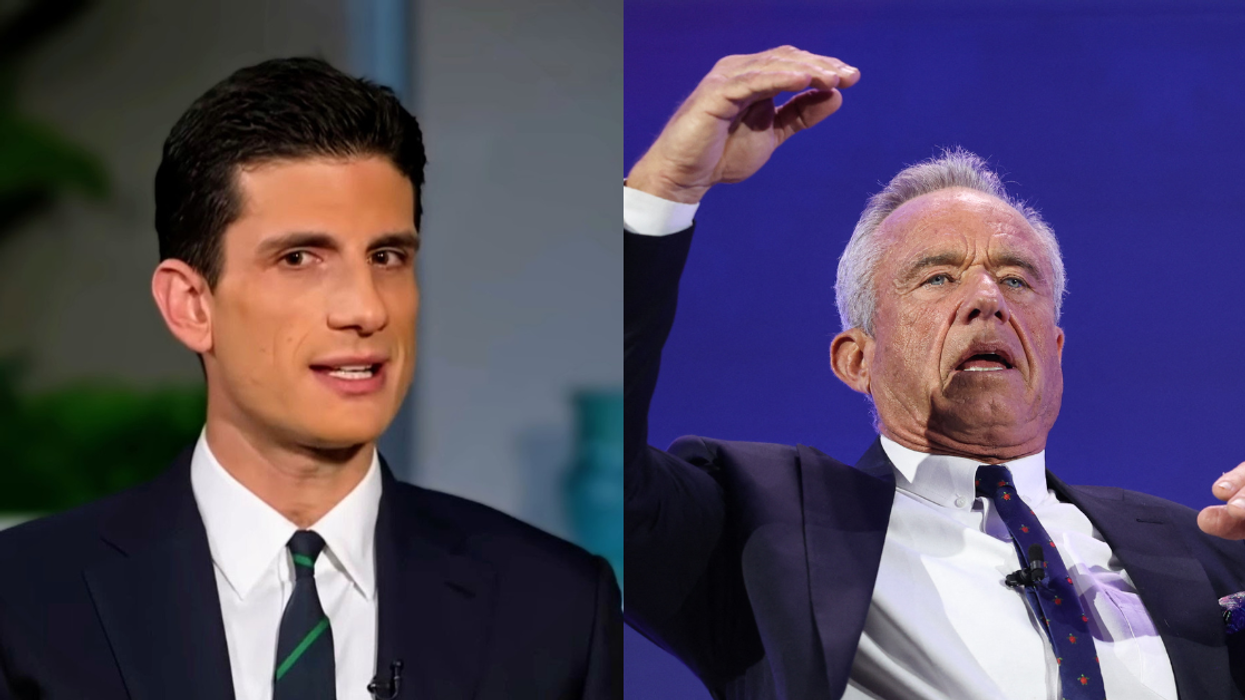
 @jackuno/Instagram
@jackuno/Instagram @jackuno/Instagram
@jackuno/Instagram @jackuno/Instagram
@jackuno/Instagram @jackuno/Instagram
@jackuno/Instagram @jackuno/Instagram
@jackuno/Instagram @jackuno/Instagram
@jackuno/Instagram @jackuno/Instagram
@jackuno/Instagram @jackuno/Instagram
@jackuno/Instagram